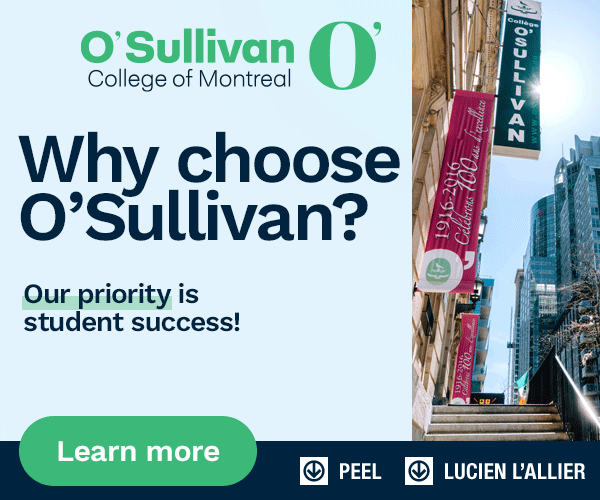The Let's Talk Science outreach initiative at the University of New Brunswick (UNB) was recently honoured with two national awards: the David Colcleugh Leadership Award for Coordinators and the Equity Project Award. The program is being recognized for its commitment to equity, education, outreach and community building.
When Navpreet Kaur first joined Let's Talk Science in 2022, the program was in a rebuilding phase.
"COVID-19 restrictions were starting to be lifted, and most of our previous volunteers and coordinators had graduated. We really had to reintroduce ourselves to the community," said Kaur, a PhD candidate in biology and current coordinator of the UNB Fredericton arm of Let's Talk Science. "It was like starting from scratch."
Despite the challenges, Kaur and her team persevered. By 2023, the program had regained momentum, recruiting new volunteers and expanding its reach in public schools across New Brunswick.
That growth culminated in a collaborative outreach trip between the Fredericton and Saint John campuses an initiative that earned the Equity Project Award from the Let's Talk Science's national office.
"We visited schools in Miramichi, northern and western New Brunswick, and even Indigenous communities," said Sarah Sheppard, a former coordinator who will be studying at Dalhousie Medicine New Brunswick on the UNB Saint John campus this fall.
"It felt good to bring science to smaller communities. I'm from St. Stephen, and I didn't get many science presentations growing up. Being able to offer that now is really meaningful."
Let's Talk Science is a national organization with university-based branches across Canada. At UNB, both the Fredericton and Saint John campuses operate independently but often collaborate. The program connects UNB students primarily in STEM fields with K-12 classrooms, offering hands-on science workshops that spark curiosity and build confidence.
"We aim to reach all students, but most of our activities are requested for grades K-8," said Sheppard. "We bring kits like Code and Go Mice' for coding or The Wonderful World of Chemistry' with baking soda and vinegar experiments. It's about making science fun and accessible."
The impact is felt on both sides of the classroom. For public school students, the visits offer exposure to STEM in a way that's engaging and inspiring. For UNB volunteers, it's a chance to develop leadership, communication and public speaking skills especially valuable for students who may not get those opportunities in traditional STEM settings.
"I was the shyest person ever," Sheppard admitted. "But after working with Let's Talk Science, I became confident in public speaking. It helped me in my degree as well."
Kaur echoed that sentiment, sharing her experience as an international student.
"English is my third language. Communicating with youth in a non-native language was challenging, but it helped me improve. Now I'm comfortable presenting my research to scientists."
The program also provides volunteers with community-specific EDI training before they visit schools, with an emphasis on adapting language and examples in a way that's culturally relevant and respectful.
"We don't change the science, but we do change how we deliver it," said Sheppard. "We try to relate to what students see in their everyday lives."
Kaur added, "Our volunteer team is incredibly diverse. We have students from different countries, cultures and faiths coming together for science. It's a beautiful thing."
Beyond classroom visits, Let's Talk Science at UNB hosts on-campus events like the "School of Witchcraft and Wizardry," which drew over 300 students last year, and the Let's Talk Science Challenge, a quiz competition for middle schoolers. The team also partners with organizations like the Multicultural Association of Fredericton and local libraries, extending their outreach even further.
The heart of the program, however, remains the connections made in classrooms.
"Kids always ask when we're coming back," said Sheppard. "That excitement means we've done our job."
Kaur recalled a Mars exploration activity where students built landers from craft materials.
"Afterward, so many kids said they wanted to be astronauts. Seeing that spark of inspiration is incredibly fulfilling."
As the program continues to grow, its mission remains clear: to show students that science is for everyone.
"We remind students of that every time we visit," said Sheppard. "And they see it in us in our diverse team, in our passion and in the way we meet them where they are."











